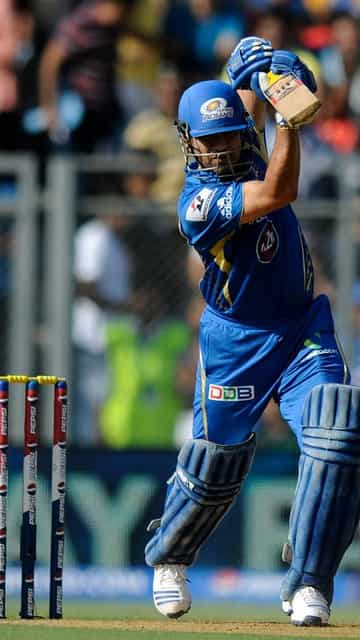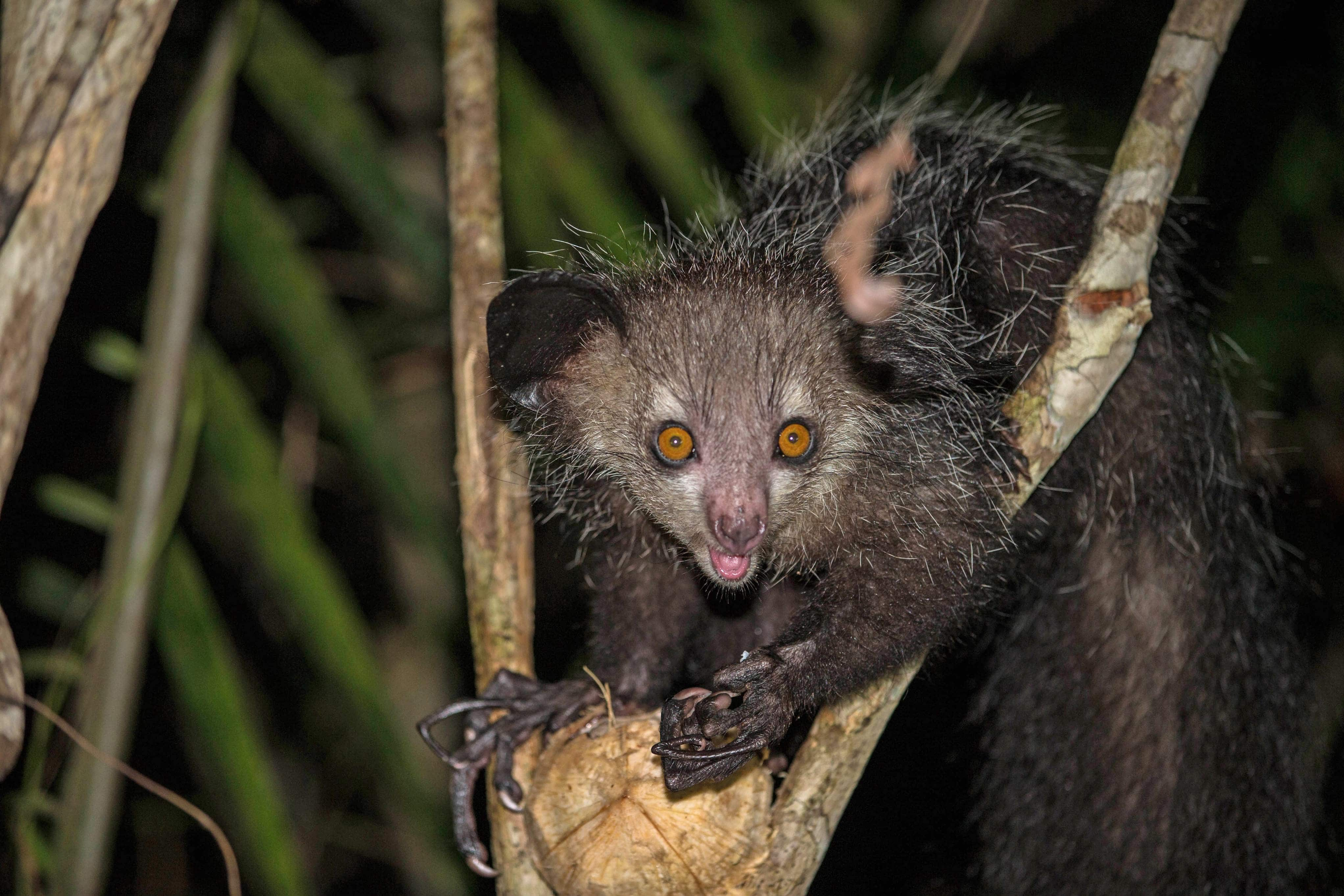The Kokni Muslim community in South Africa is scripting a remarkable story of preservation of language and culture, according to a new study on diaspora and linguistic.
Over 8,000 kilometres across the Indian Ocean, the papad in Cape Town tastes as good as the ones made in Raigad. There are more similarities. A group of Muslims converses in the same dialect brought by their ancestors from Maharashtra.
The Kokni Muslim community in South Africa is scripting a remarkable story of preservation of language and culture, according to a new study on diaspora and linguistic. Kokni – pronounced Konkani otherwise – has been existing there for over 125 years since the migration of the community members from Raigad and northern Ratnagiri for better opportunities.
"The language and speech distinctions among the Koknis in South Africa and their links with coastal Maharashtra have been maintained because of their strong village-based identities... This contrasts with the trend to mainstream identity and languages in diaspora conditions and is hence remarkable," said Sonal Kulkarni-Joshi, professor of Linguistics at the Deccan College, Pune. She added that unlike the migration of Gujarati, Tamil and Hindi speakers, the smaller migration of Kokni-speakers to South Africa was little-known.
"Hindi and Bhojpuri speakers migrated to South Africa from different villages in colonial times with their distinctive dialects," said Kulkarni-Joshi.
TShe added, "Gradually, differences between these dialects levelled-off and the distinct features of each were dropped to develop into a Koine (a common, standardised dialect)," said Kulkarni-Joshi.
The preservation was because the diaspora maintained their linkages with their villages, funded projects like schools and kept returning to their villages on sabbatical. Marriages were arranged in extended families from their villages of origin or from the local migrant community hailing from the village. These factors ensured strong village links and language maintenance, said Kulkarni-Joshi.
Cape Town's Rylands has streets named Latvan Road, Habsan and Latvan societies and a shop named Janjira. In 2010, a local cricket tournament modelled on the IPL had teams based on villages of origin like Latvan Lions and Habsani Royals.
While those aged between 50 and 55 years speak Kokni, youngsters are more confident expressing themselves in English, said Kulkarni-Joshi. However, the language retention was strong when it came to kinship terms and food items. A strong marker of Kokni identity is retained in cuisine and cultural practices like preparing quilts and papads.
The study launched in 2015 was jointly funded by the National Institute for the Humanities and Social Sciences, South Africa, and the Indian Council of Social Science Research with Prof Rajend Mesthrie of the University of Cape Town as the South Africa lead and Kulkarni- Joshi as the India lead assisted by Ruta Paradkar.
The field work comprised collection of data and speech samples from around 90 people in Cape Town. Details of their family's native village in the Konkan were noted to "determine the connection between South Africa and Kokni and how the language diverged". Data was collected in the Konkan in the Morba, Murud and Shrivardhan (Raigad) and Kalusta and Latvan (Ratnagiri).
"The Kokni in Maharashtra has not been standardised. We could identify three broad regional varieties of Kokni, namely, that spoken in Latvan (North Ratnagiri), Kalusta (Chiplun) and Habsan (Murud, Janjira and Srivardhan in Raigad) from where migrations had occurred. Unlike the formation of Koine in Bhojpuri... village distinctions have been maintained in South Africa and there has been no Koine formation for Kokni in Cape Town," Kulkarni-Joshi explained.
In A Time Capsule
Marathi and Konkani are said to have descended from Maharashtri Prakrit
A small number of speakers are spread across a vast geographical expanse leading to dialectal variations
Koknis arrived in South Africa after 1875, most became wholesale and retail general dealers and butchers
(Source: Kokni in Cape Town and the Sociolinguistics of Transnationalism by Rajend Mesthrie, Sonal Kulkarni-Joshi and Ruta Paradkar, 2017. Language Matters.)
![submenu-img]() US imposes sanctions on Chinese, Belarus firms for providing ballistic missile tech to Pakistan
US imposes sanctions on Chinese, Belarus firms for providing ballistic missile tech to Pakistan![submenu-img]() 'Don't have any comment': White House mum on reports of Israeli strikes in Iran
'Don't have any comment': White House mum on reports of Israeli strikes in Iran![submenu-img]() Yes Bank co-founder Rana Kapoor gets bail after four years in bank fraud case
Yes Bank co-founder Rana Kapoor gets bail after four years in bank fraud case![submenu-img]() Barmer Lok Sabha Polls 2024: Check key candidates, date of voting and other important details
Barmer Lok Sabha Polls 2024: Check key candidates, date of voting and other important details![submenu-img]() This star once lived in garage, earned Rs 51 as first salary; now charges Rs 5 crore per film, is worth Rs 335 crore
This star once lived in garage, earned Rs 51 as first salary; now charges Rs 5 crore per film, is worth Rs 335 crore![submenu-img]() DNA Verified: Is CAA an anti-Muslim law? Centre terms news report as 'misleading'
DNA Verified: Is CAA an anti-Muslim law? Centre terms news report as 'misleading'![submenu-img]() DNA Verified: Lok Sabha Elections 2024 to be held on April 19? Know truth behind viral message
DNA Verified: Lok Sabha Elections 2024 to be held on April 19? Know truth behind viral message![submenu-img]() DNA Verified: Modi govt giving students free laptops under 'One Student One Laptop' scheme? Know truth here
DNA Verified: Modi govt giving students free laptops under 'One Student One Laptop' scheme? Know truth here![submenu-img]() DNA Verified: Shah Rukh Khan denies reports of his role in release of India's naval officers from Qatar
DNA Verified: Shah Rukh Khan denies reports of his role in release of India's naval officers from Qatar![submenu-img]() DNA Verified: Is govt providing Rs 1.6 lakh benefit to girls under PM Ladli Laxmi Yojana? Know truth
DNA Verified: Is govt providing Rs 1.6 lakh benefit to girls under PM Ladli Laxmi Yojana? Know truth![submenu-img]() Remember Ali Haji? Aamir Khan, Kajol's son in Fanaa, who is now director, writer; here's how charming he looks now
Remember Ali Haji? Aamir Khan, Kajol's son in Fanaa, who is now director, writer; here's how charming he looks now![submenu-img]() Remember Sana Saeed? SRK's daughter in Kuch Kuch Hota Hai, here's how she looks after 26 years, she's dating..
Remember Sana Saeed? SRK's daughter in Kuch Kuch Hota Hai, here's how she looks after 26 years, she's dating..![submenu-img]() In pics: Rajinikanth, Kamal Haasan, Mani Ratnam, Suriya attend S Shankar's daughter Aishwarya's star-studded wedding
In pics: Rajinikanth, Kamal Haasan, Mani Ratnam, Suriya attend S Shankar's daughter Aishwarya's star-studded wedding![submenu-img]() In pics: Sanya Malhotra attends opening of school for neurodivergent individuals to mark World Autism Month
In pics: Sanya Malhotra attends opening of school for neurodivergent individuals to mark World Autism Month![submenu-img]() Remember Jibraan Khan? Shah Rukh's son in Kabhi Khushi Kabhie Gham, who worked in Brahmastra; here’s how he looks now
Remember Jibraan Khan? Shah Rukh's son in Kabhi Khushi Kabhie Gham, who worked in Brahmastra; here’s how he looks now![submenu-img]() DNA Explainer: What is cloud seeding which is blamed for wreaking havoc in Dubai?
DNA Explainer: What is cloud seeding which is blamed for wreaking havoc in Dubai?![submenu-img]() DNA Explainer: What is Israel's Arrow-3 defence system used to intercept Iran's missile attack?
DNA Explainer: What is Israel's Arrow-3 defence system used to intercept Iran's missile attack?![submenu-img]() DNA Explainer: How Iranian projectiles failed to breach iron-clad Israeli air defence
DNA Explainer: How Iranian projectiles failed to breach iron-clad Israeli air defence![submenu-img]() DNA Explainer: What is India's stand amid Iran-Israel conflict?
DNA Explainer: What is India's stand amid Iran-Israel conflict?![submenu-img]() DNA Explainer: Why Iran attacked Israel with hundreds of drones, missiles
DNA Explainer: Why Iran attacked Israel with hundreds of drones, missiles![submenu-img]() This star once lived in garage, earned Rs 51 as first salary; now charges Rs 5 crore per film, is worth Rs 335 crore
This star once lived in garage, earned Rs 51 as first salary; now charges Rs 5 crore per film, is worth Rs 335 crore![submenu-img]() Meet actress, who worked as cook for free food, mopped floors, one Instagram post changed her life, is now worth…
Meet actress, who worked as cook for free food, mopped floors, one Instagram post changed her life, is now worth… ![submenu-img]() UP man arrested for booking cab from Salman Khan's house under Lawrence Bishnoi's name
UP man arrested for booking cab from Salman Khan's house under Lawrence Bishnoi's name ![submenu-img]() 'Justice milega': Ankita Lokhande talks about Sushant Singh Rajput, reveals she's still connected with his family
'Justice milega': Ankita Lokhande talks about Sushant Singh Rajput, reveals she's still connected with his family![submenu-img]() Rajkummar Rao reacts to plastic surgery rumours, admits he got fillers: 'If something gives me confidence...'
Rajkummar Rao reacts to plastic surgery rumours, admits he got fillers: 'If something gives me confidence...'![submenu-img]() IPL 2024: KL Rahul, Quinton de Kock star in Lucknow Super Giants' dominating 8-wicket win over Chennai Super Kings
IPL 2024: KL Rahul, Quinton de Kock star in Lucknow Super Giants' dominating 8-wicket win over Chennai Super Kings![submenu-img]() DC vs SRH, IPL 2024: Predicted playing XI, live streaming details, weather and pitch report
DC vs SRH, IPL 2024: Predicted playing XI, live streaming details, weather and pitch report![submenu-img]() Watch: Virat Kohli's cheeky 'your wife' remark to Dinesh Karthik leaves RCB teammates in splits
Watch: Virat Kohli's cheeky 'your wife' remark to Dinesh Karthik leaves RCB teammates in splits ![submenu-img]() DC vs SRH IPL 2024 Dream11 prediction: Fantasy cricket tips for Delhi Capitals vs Sunrisers Hyderabad
DC vs SRH IPL 2024 Dream11 prediction: Fantasy cricket tips for Delhi Capitals vs Sunrisers Hyderabad![submenu-img]() 'Kohli said it's not an option, just...': KL Rahul recalls his IPL debut for RCB in 2013
'Kohli said it's not an option, just...': KL Rahul recalls his IPL debut for RCB in 2013![submenu-img]() Canada's biggest heist: Two Indian-origin men among six arrested for Rs 1300 crore cash, gold theft
Canada's biggest heist: Two Indian-origin men among six arrested for Rs 1300 crore cash, gold theft![submenu-img]() Donuru Ananya Reddy, who secured AIR 3 in UPSC CSE 2023, calls Virat Kohli her inspiration, says…
Donuru Ananya Reddy, who secured AIR 3 in UPSC CSE 2023, calls Virat Kohli her inspiration, says…![submenu-img]() Nestle getting children addicted to sugar, Cerelac contains 3 grams of sugar per serving in India but not in…
Nestle getting children addicted to sugar, Cerelac contains 3 grams of sugar per serving in India but not in…![submenu-img]() Viral video: Woman enters crowded Delhi bus wearing bikini, makes obscene gesture at passenger, watch
Viral video: Woman enters crowded Delhi bus wearing bikini, makes obscene gesture at passenger, watch![submenu-img]() This Swiss Alps wedding outshine Mukesh Ambani's son Anant Ambani's Jamnagar pre-wedding gala
This Swiss Alps wedding outshine Mukesh Ambani's son Anant Ambani's Jamnagar pre-wedding gala








































)




)
)
)
)
)
)